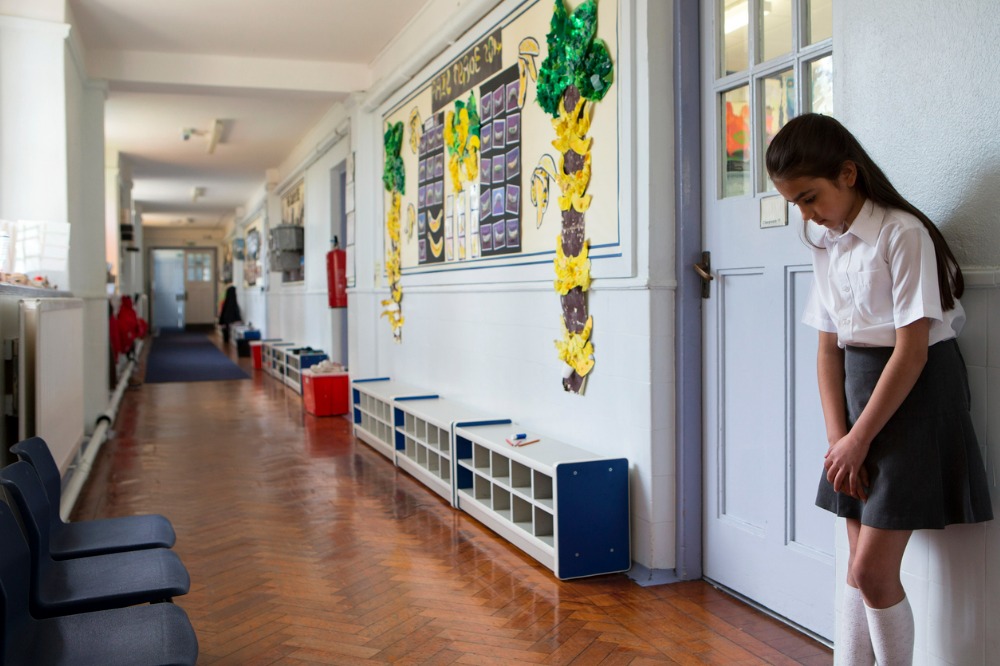
School suspensions and exclusions are putting vulnerable children at risk, a new study shows.
Researchers from the University of South Australia found that exclusionary practices not only fail to identify the deep-rooted causes of challenging student behaviours but exacerbate negative issues rather than resolve them.
“Suspensions and expulsions have been the mainstay of schools’ behaviour management practices for decades, regardless of research finding that they are ineffective for disciplining bad behaviours,” the study’s lead researcher, UniSA’s Professor Anna Sullivan said.
“In fact, there is a clear relationship between school suspensions and a range of detrimental health outcomes, including alienation from school, involvement with antisocial peers, use of alcohol and smoking, and a lower quality of school life – and this contributes to a higher risk of dropping out of school and possible illegal behaviour.”
Professor Sullivan said vulnerable students’ higher suspension and expulsion rates are exacerbating the issue, as this negatively impacts their circumstances and opportunities beyond school.
“Boys, Aboriginal students, students from low SES backgrounds, and students with a disability are disproportionately excluded from schools,” she said. “There is a distinct blind spot about how school suspensions and expulsions perpetuate wider social inequalities.”
Professor Sullivan said schools and policy makers must look beyond challenging behaviours to understand what is contributing to the cause – rather than treating the effect.
“It’s this missing information that’s needed to develop new school policies.”
Outdated practices persist despite reforms
Analysing the recently reviewed NSW Student Behaviour Strategy, researchers found that while there was more behaviour support and management, the new iterations still included punitive practices.
“When a student is suspended or expelled from school, we’re ultimately removing them from their education and limiting their life outcomes. And knowing that vulnerable groups are more at risk, these exclusion policies are ultimately discriminatory,” Professor Sullivan said.
“We also see situations where children with disabilities – some on prescribed medications – are being excluded from school on the basis that ‘they have problems already’. As a consequence, exclusion appears to be a reasonable solution given schools do not have the time, expertise or resources to manage complex and challenging behavioural needs.”
Adding to such deficit thinking, says Professor Sullivan, is removing a ‘problem child’ from the learning environment of others.
“Instead of helping these students, the policies are exacerbating their struggles,” she said.
“What we need is more listening, more empathy to students at risk, and a willingness to challenge the impact of wider social inequalities including poverty, race, housing, and unemployment on the most vulnerable people in society.”
Professor Sullivan said these things do not operate in isolation, as they affect families and children and “cannot simply be left at the school gate.”
“It’s time to look afresh at the complex and challenging circumstances in which many young people find themselves. Only then can we hope to create a more inclusive and fair education system.”
The original version of this story was published as a media release from the University of South Australia.


